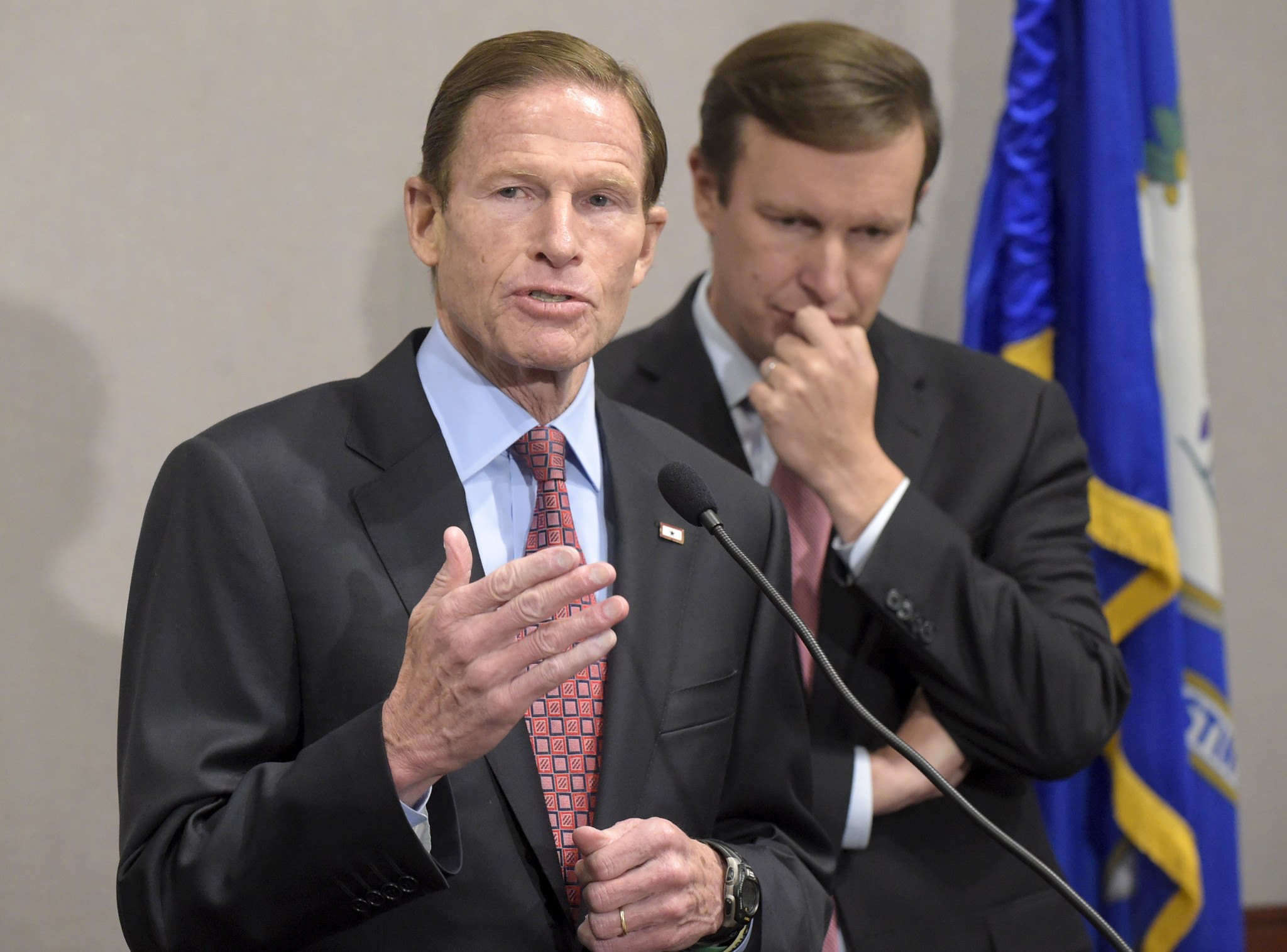Connecticut Senators Seek Clarification from Feds About Positions on East Windsor Casino
Posted on: November 13, 2017, 01:00h.
Last updated on: November 13, 2017, 05:38h.
An East Windsor, Connecticut joint casino project being built on non-sovereign lands by the Mashantucket and Mohegan Sun tribes needs more clarification from the US Department of the Interior (DOI), say Democratic US Senators from Connecticut Richard Blumenthal and Chris Murphy, who have asked the DOI to weigh in on the matter.

The Bureau of Indian Affairs (BIA), an agency within the DOI that’s responsible for the administration and management of lands held in trust for Native Americans, failed to respond before an October deadline.
Connecticut lawmakers and Governor Dannel Malloy (D) have signed off on plans to allow the $300 million satellite casino to move forward, despite the authorization potentially voiding the state’s compacts with the tribes. The agreements mandate that 25 percent of slot revenue generated at the Foxwoods and Mohegan Sun casinos is delivered to the Constitution State.
The state has asked the BIA to determine if the casino project jeopardizes the compacts for being built on off-reservation lands. The legal contracts presently assert that if Connecticut authorizes commercial gambling, the tribes no longer have a legal responsibility to share slot income, which totaled over $260 million last year.
Connecticut is trying to dilute the expected financial impact of MGM’s $960 million casino resort in Springfield, Massachusetts. The East Windsor location is just 13 miles south of that project.
The state’s budget office predicts Connecticut’s tax revenue from gambling will be reduced to under $200 million annually once MGM Springfield is fully operational.
Mixed Messages
The gaming expansion measure passed by the Connecticut General Assembly requires that the BIA confirm that the state’s third casino doesn’t violate those compacts. Both tribes have said the state has nothing to worry about, and that tax-sharing payments will continue. But politicians want to make sure the law is on their side.
In May, James Carson, then the acting deputy of the DOI, wrote a letter that declared the satellite casino “has not disturbed long-standing compacts.” But in September, Acting Secretary of the BIA Michael Black told the state “there is insufficient information upon which to make a decision.”
Connecticut rushed to provide additional information, but the BIA has remained silent since. MGM Resorts, which has sued the state for not holding a competitive bidding process on the third casino and has proposed its own resort in Bridgeport, has maintained that the BIA’s failure to weigh in is essentially a denial.
Moving Ahead
Even as the legal battle draws on regarding the satellite casino, the tribes say work will begin on the East Windsor venue by year’s end.
The new satellite project will also share 25 percent of its gross slot revenue with the state, and comes with a $1 million upfront licensing fee. The venue will house 2,000 slot machines and between 50 and 150 table games.
MGM Springfield will have 3,000 slots and 100 table games. It’s expected to open in late 2018.
No comments yet